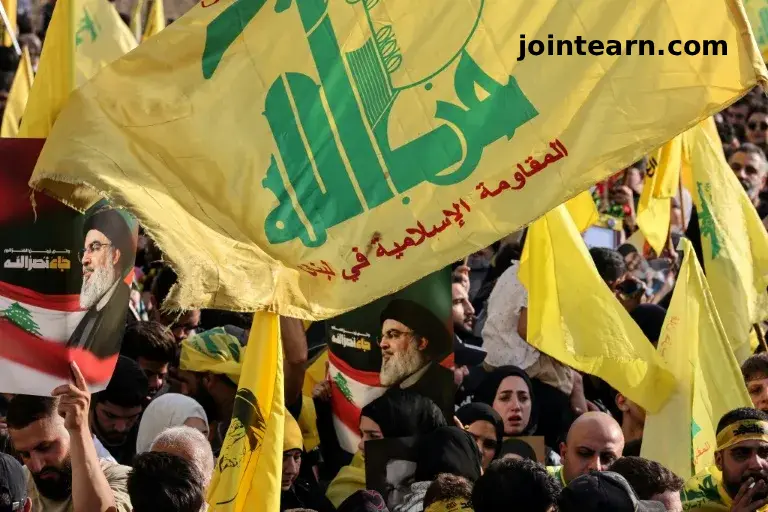
SOUTHERN LEBANON, November 6, 2025 – The Israeli military launched a series of airstrikes on Hezbollah targets in southern Lebanon on Thursday, further escalating tensions between the two sides despite a ceasefire agreement in place since November 2024.
Israeli Military Statement
Israel stated that its strikes targeted “terrorist infrastructure and weapon storage facilities” operated by Hezbollah. According to government spokesperson Shosh Bedrosian, Israel will not allow Hezbollah to rearm or rebuild its capabilities, emphasizing the group’s ongoing “terrorist activities” and threats to Israeli security.
One person was reported killed during the strikes, according to Lebanon’s Health Ministry, with the Israeli military claiming the target was a Hezbollah construction team involved in rebuilding the group’s operational capacity.
Lebanese Response
Lebanese President Joseph Aoun denounced the attacks as a “fully-fledged crime” under international humanitarian law and criticized Israel for rejecting diplomatic overtures.
“Nearly a year has passed since the ceasefire came into effect, and during this period, Israel has spared no effort to demonstrate its rejection of any negotiated settlement between the two countries,” Aoun said.
The Lebanese Army accused Israel of undermining national stability and preventing the full deployment of the military in southern Lebanon, as stipulated by the truce agreement. Under that deal, the Lebanese Army, alongside UNIFIL peacekeepers, was to deploy in the south as Hezbollah withdrew its heavy weaponry.
Hezbollah’s Stance
Hezbollah reaffirmed its right to self-defense and rejected suggestions for direct political negotiations with Israel, stating that such talks “would not serve the national interest.” Despite the rejection, the group said it remains committed to the ceasefire.
Hezbollah is the only armed group in Lebanon that refused to disarm after the 1975-1990 civil war, arguing its continued presence is necessary to defend the country against Israel. The organization is backed by Iran, which also recently engaged in conflict with Israel.
Diplomatic Implications
The ceasefire, mediated with U.S., French, and U.N. oversight, has been fragile, with Israel maintaining troops in five areas of southern Lebanon in apparent violation of the agreement. UNIFIL stated that Israel’s airstrikes “undermine the progress being made toward a political and diplomatic solution.”
US Special Envoy Tom Barrack has emphasized that dialogue could be key to easing regional tensions, though Israel has continued military operations, citing Hezbollah’s alleged rearmament. Israeli Defense Minister Israel Katz has accused Lebanese authorities of delaying disarmament efforts, while Hezbollah claims Israel is exploiting the process for strategic gain.
Ongoing Tensions
The situation underscores the ongoing volatility in southern Lebanon, where Israel and Hezbollah remain in a state of indirect conflict. The international community continues to monitor the region closely, stressing the importance of diplomatic solutions to prevent escalation and protect civilian populations.


Leave a Reply